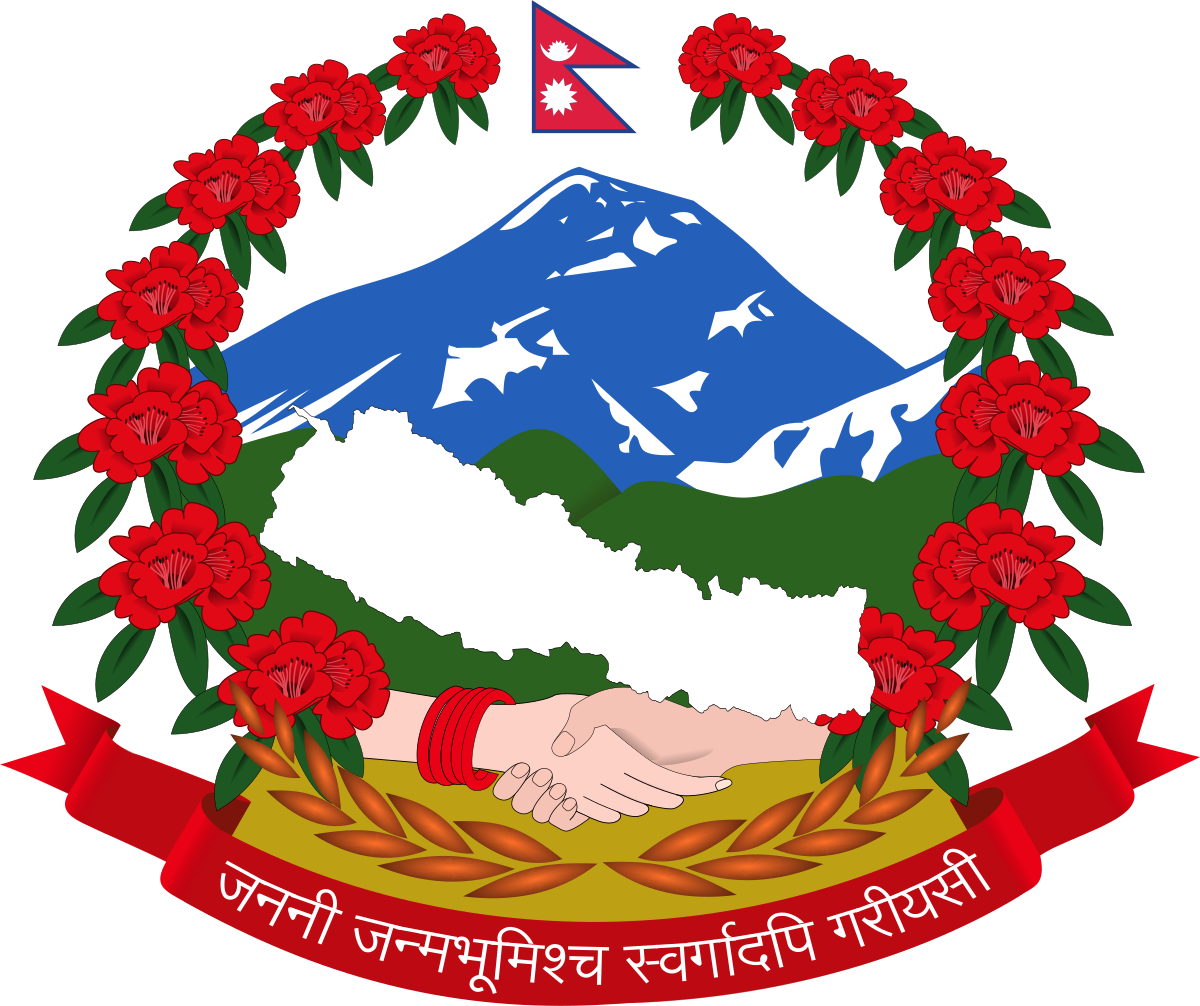Major activities conducted by Temperate Horticulture Development Center, Marpha are as follows:
- Production and selling of grafted saplings and seedlings of different winter fruits:
This center has been producing, selling and distributing the grafted saplings of several apple varieties (Red Delicious, Royal Delicious, Rich and Red Delicious, Golden Delicious and Fuji), seedlings and saplings of Wartlet variety of pear, Peregrine of peach, Methley of plum, Sakarpara of apricot, Ne plus ultra of almond, Himrod, Stuben, and Muscat Belly of grape and Hartley, and Ashley of thin-shell walnut to several other districts established as source. Similarly, it has been collecting, selling and distributing the seeds of Crab apple, which is importantly used for producing the rootstock seedling of apple. Grafted sapling of apple is produced by grafting on crab apple rootstock. Similarly apricot, peach and plum is grafted on Chili (Wild apricot) rootstock and pear on Mayal rootstock by Tongue Grafting. Seedling is produced and sold by directly sowing the seeds and growing on nursery.
- Temperate fruit orchard management:
THDC, Marpha includes the orchards of several temperate fruits like apple, peach, plum, pear, apricot, almond, chili (wild apricot), Khalyaa (local peach) and grape. These orchards have been divided into four types: Demonstration orchard, Germplasm orchard, Production orchard and Mother Plant orchard. Apple and pears orchard have been trained and pruned with Open-central system and other fruit plants have been trained and pruned on the need basis. Generally, pruning operation is commenced from first week of December, each year and runs over the winter period. Immediately after pruning, the cut ends are applied with Bordeaux paste/ paint. On the months of January to March (Magh-Falgun of Nepalese calendar) Servo oil and insecticidal solutions are sprayed for pest management, which help in controlling insects like San-Jose Scale, Red spider Mites and Aphid. Pruning and insecticides spray are followed by preparation of basin around the trees, application of compost or farm yard manure and mixture of urea, Di-ammonium Phosphate (DAP), Murate of Potash (MOP), and Borax and painting on collar region with Bordeaux paste.
- Production, selling and distribution of seeds and seedlings of improved variety of vegetables:
According to the approved annual activity and targets of this center, foundation seed and improved seed of several vegetable crops along with local garlic and local coriander seeds are produced. In case of potato, basic seed of cardinal variety is produced, sold and distributed to the farmers. This center basically produces the foundation seed of Marpha Chauda Paat variety of Broad Leaf Mustard, Tokinashi of radish, Nantis of carrot, Purple Top of turnip and Susaag of swisschard. Meanwhile, improved seed of Copenhagen Market variety of cabbage is also produced. Furthermore, seedlings of various vegetables (open pollinated and hybrid varieties) are grown under glass house, tunnel and gumose to sell and distribute to the farmers level. Since, farmers have trouble in seedling production due to severe cold during winter months, availability of ready-made seedling from this center have greatly benefitted them.
- Provision of technical supports to the pocket areas of fruits, vegetables and potato:
THDC Marpha, according to its annual target activity, has been continuously providing the technical services on several fruits orchard and vegetable pockets of Mustang district which basically includes disease/ pest management, orchard layout, improved cultivation practices, etc. Emergency technical services have also been provided to the farmers according to the received information from them. Several practical and vocational trainings on establishment and management of apple orchard along with pears, walnut, apricot etc. and also, on-station and on-the-spot trainings on farmers’ field about the production technology of off-seasonal and seasonal potato and different vegetable crops, disease and pest management practices have also been provided by this farm center.
- Production trials of seasonal and off-seasonal fresh vegetables and inter-cropping technology demonstration inside the fruit orchard of THDC, Marpha
Different seasonal and off-seasonal fresh vegetables are cultivated inside fruit orchards and production and selling of such fresh produces from this practice has helped in revenue collection along with technology extension in farmers about vegetable farming and cognizing farmers about the types of vegetable crops to be chosen for inter-cropping and methods to be followed. Demonstration of intercropping of onion, garlic, cauliflower, cabbage, broccoli, French bean, garden pea, tomato, chilli, capsicum, brinjal, zucchini, broad leaf mustard, etc. inside fruit orchard is performed every year in this farm center.
- Collection, conservation and maintenance of biodiversity:
Although this farm center is commercially concerned with production of 5 varieties of saplings, from the aspect of varietal collection and conservation of altogether 44 varieties of apple are done here. Similarly, local peach (Khalya) and other 4 improved peach varieties, 2 plum varieties, local apple (Kushyu), various crab apple, mel/ mayal, various olive varieties, Sea buckthorn (Chichi/ Dalechuk/Tora), local apricot (Chili), etc. have also been protected here in this farm center. Furthermore, local garlic and local coriander along with 6 other vegetable crops have been conserved and maintained at this center.
- Fruit processing and selling and training farmers about post-harvest technologies:
Apple and apricot brandy is processed by utilizing the edible part of fruit (thalamus) remained after collection of seeds for rootstock from crab apple and local apricot and from the fresh unsold, unmarketable ‘C’ grade small apples various products like apple cider and jam are prepared. Plum wine is prepared from unsold/unmarketed and surplus production of plum. Also, dried apple and apricot are prepared and sold for revenue collection. This has primarily helped in utilizing the surplus fruits for preparing processed goods and revenue collection. Secondarily, it has also helped in technology extension to the farmers about processing of excess fruit through practical trainings conducted by farm center and in coordination with organizations based on their annual programs on the related topics.

